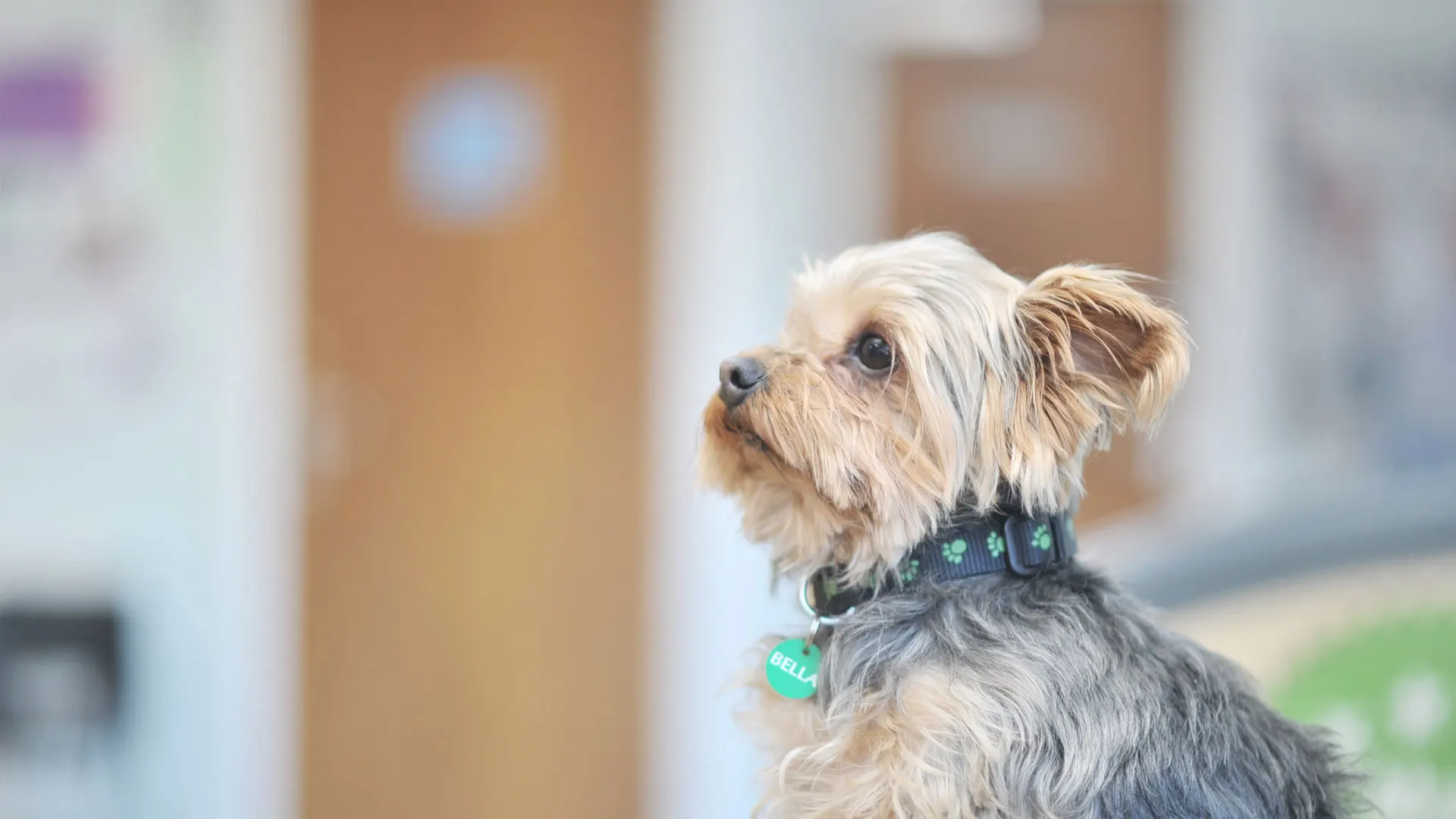At Crieff Vets in Perthshire, we provide affordable and transparent vet services. Our vet price list covers consultation fees, emergency vet prices, surgery costs, and more for dogs, cats, and small animals. Trust us for competitive, no-hidden-cost pricing and low-cost vet clinics.
